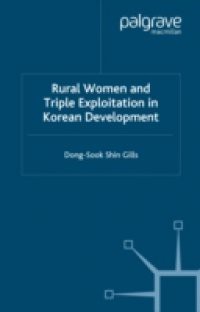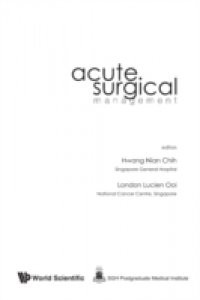There is a relative poverty of literature on rural women in South Korea. This book analyses the 'triple exploitation' of rural women as an integral part of the industrialisation process in Korea since the 1960s. It explores the hidden, but nonetheless very significant, linkages between rural village women, national development and the global economy.Dong-Sook Shin Gills argues that rural women's labour systematically subsidised low-wage labour in manufacturing export industries - upon which economic growth depended. There are many tiers of exploitation: these women are exploited through the subordination of peasant farming to urban industry; through developmentalist ideology; and through societal patriarchal relations. The book includes analysis of empirical data collected by field survey from rural villages. The author concludes that rural women's labour held up the whole edifice of the economic `miracle' of South Korea, right from 'the bottom of the heap'.


















